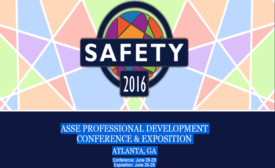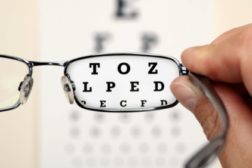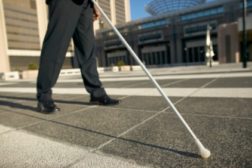Home » Keywords: » impairment
Items Tagged with 'impairment'
ARTICLES
Age-related vision loss in the workplace
Even normal changes may affect performance
March 29, 2013
Get our new eMagazine delivered to your inbox every month.
Stay in the know on the latest safety trends.
SUBSCRIBE TODAYCopyright ©2024. All Rights Reserved BNP Media.
Design, CMS, Hosting & Web Development :: ePublishing






